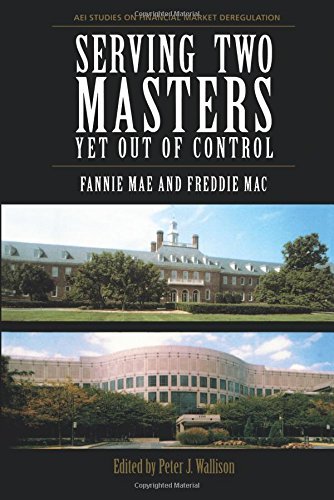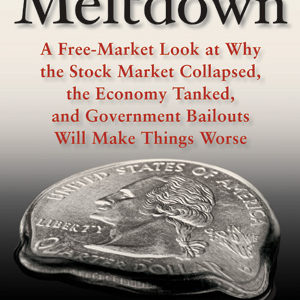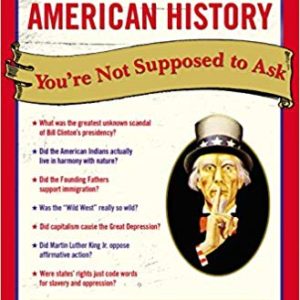Description
Because two disparate, almost diametrically opposite clients demand loyalty from Fannie Mae and Freddie Mac, these government-sponsored entities must fulfill two ultimately irreconcilable roles. As publicly owned corporations, they must maximize profitability for their shareholders; yet, as quasi-government agencies, they should use their huge, implicit government subsidies in support of their public missions. In reality, they split the difference as they transfer a large portion of their subsidy to their shareholders. At the same time, Congress does not routinely scrutinize Fannie and Freddie, despite their enormous size and importance. The two are clearly too large and powerful for the small agency charged by Congress as their watchdog. Thus, while attempting to serve two masters, Fannie and Freddie are literally out of control.
Would privatization solve the dilemma of the dual public and private form? If not, what other options exist? In 11 essays, public figures, economists, and government officials probe the favored positions that have allowed the two agencies to grow to unprecedented size, realize extraordinary profitability, and achieve unparalleled influence over the political process.
Contributors are Jonathan Brown, Essential Information; Charles W. Calomiris, Columbia University and AEI; Richard Scott Carnell, Fordham University; Ron Feldman, Federal Reserve Bank of Minneapolis; Ralph Nader and Mark Overend, SLM Holding Corporation; Robert S. Seiler Jr., Office of Federal Housing Enterprise Oversight; Thomas H. Stanton, attorney; Robert Van Order, Freddie Mac; and John C. Weicher, Hudson Institute.
Peter J. Wallison is an AEI resident fellow.





